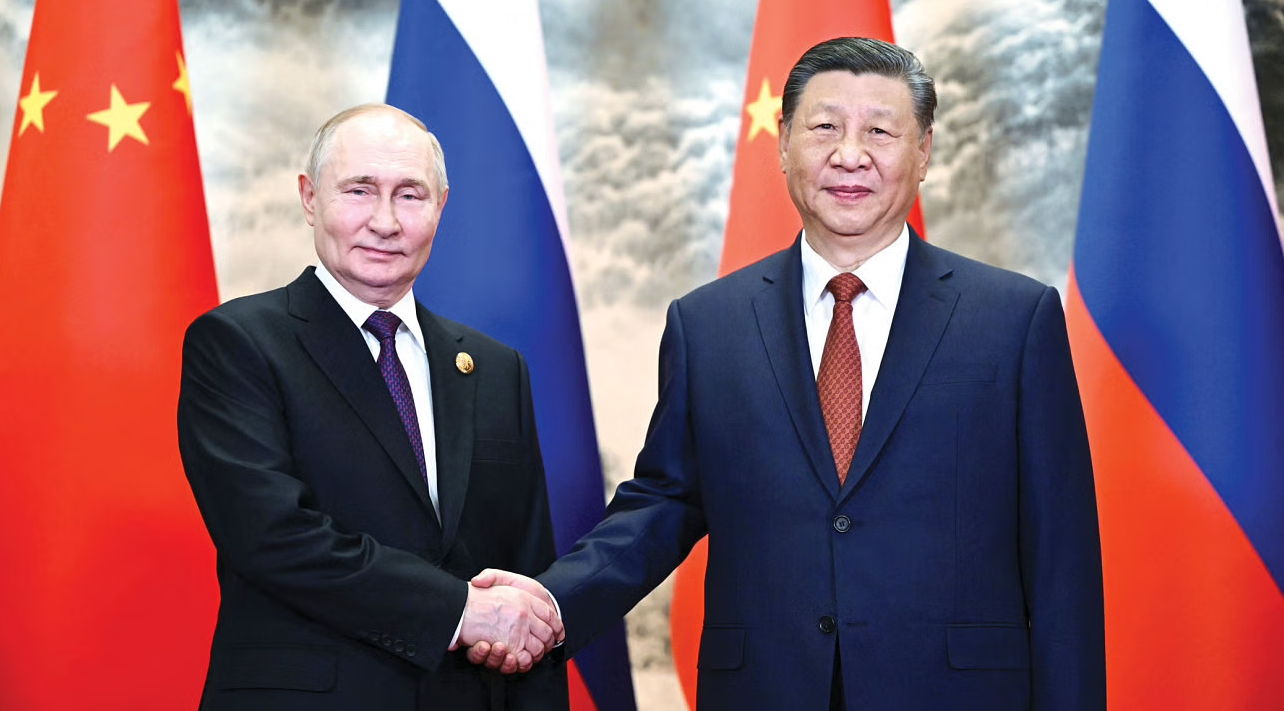Speaker Election Upset, Seoul Housing Crunch, China-Russia Summit
In a surprising turn of events, five-term lawmaker Woo Won-sik defeated perceived frontrunner Chu Mi-ae to become the Democratic Party's candidate for National Assembly speaker.

Veteran Lawmakers Defy "Lee Jae-myung Line" in Speaker Election Upset
In a surprising turn of events, five-term lawmaker Woo Won-sik defeated perceived frontrunner Chu Mi-ae to become the Democratic Party's candidate for National Assembly speaker. The result was seen as a rebuke of party chairman Lee Jae-myung's influence, defying expectations that Chu had the backing of Lee's faction.
The upset victory exposed divisions within the Democratic Party, with veteran lawmakers pushing back against what they saw as attempts by Lee's allies to control the speaker selection process. There were concerns that a "Lee Jae-myung unipolar system" was forming, prompting a desire for checks and balances.
Woo, who served as Lee's campaign chief in the 2022 presidential election, is still considered a pro-Lee figure. However, his emphasis on the speaker's role in checking the government and prioritizing people's livelihoods resonated with lawmakers wary of Chu's strong image and uncompromising style.
The lead-up to the speaker election was marked by controversy over "Myeongshim," a term referring to understanding Lee Jae-myung's intentions. There were allegations that party leadership intervened in the process to arrange the race in Chu's favor, with Lee's hospitalization seen as a pretext.
Both Chu and Woo engaged in "Myeongshim marketing" during their campaigns, claiming to have Lee's support. The fact that such jockeying continued until the end raised questions about the Democratic Party's commitment to internal democracy and fair procedures.
In the aftermath, Lee and his allies face the task of soothing party members angered by perceptions of a rigged process. Demands to reveal the voting results have flooded the party's online community, with some members feeling betrayed and calling for accountability.
The speaker election exposed rifts within the Democratic Party that could pose challenges for Lee's leadership and the party's cohesion going forward. Woo will need to play a bridging role to promote unity and reconcile the pro-Lee and anti-Lee factions.
As speaker, Woo has pledged to be more assertive in standing up to the Yoon administration. He has floated the idea of "8-seat politics," aiming to secure a veto-proof majority by peeling off disaffected lawmakers from the ruling People Power Party.
This confrontational approach could lead to increased tensions and gridlock in the National Assembly. Woo will need to strike a balance between his roles as a neutral moderator and a party representative, while the Democratic Party must develop a coherent opposition strategy.
The coming months will test the Democratic Party's ability to move beyond internal power struggles and effectively hold the government to account. Much will depend on whether Woo can use his speakership to advance the party's agenda while managing the competing factions and interests within its ranks.
Apartment Jeonse Prices Surge in Seoul Amid Shortage Concerns
The cost of jeonse, or long-term housing deposits, in Seoul has been on a tear, rising for a 52nd consecutive week to mark the fourth-longest streak of increases since 2012. Prices climbed in all districts of the capital except for Gangdong-gu, with the sharpest hikes in northern areas like Jung-gu and Eunpyeong-gu.